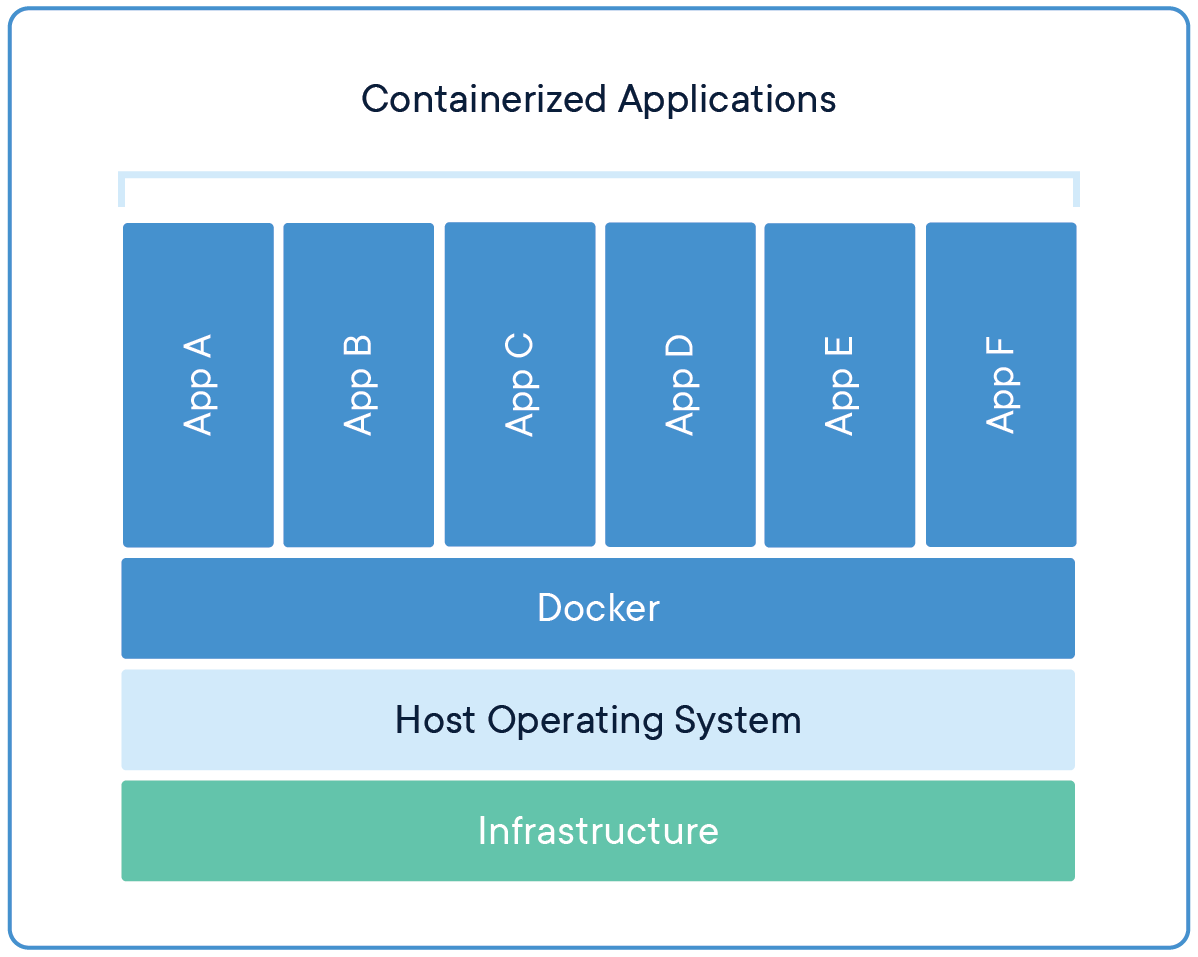What is Docker — Introduction to Docker Container

TL;DR
Docker enables you to separate your applications from your infrastructure so you can deliver software quickly. With Docker, you can manage your infrastructure in same ways you manage your applications. You can ship, test, and deploy code quickly, and significantly reduce delay between writing code and running it in production. The whole idea of Docker is for developers to easily develop applications, ship them into containers which can then be deployed anywhere.
What is Docker Container?
Docker is an open-source technology used mostly for developing, shipping, and running applications. Docker provides the ability to package and run an application in a loosely isolated environment called a container. Containerized app will always run same, regardless of the infrastructure.
Docker is a containerization platform that packages your application and all its dependencies together in the form of a docker container to ensure that your application works seamlessly in any environment.
Docker container image is a lightweight, standalone, executable package of software that has everything you need to run an application — code, runtime, system tools, system libraries, and settings. The isolation and security allow you to run many containers simultaneously on a given host without interference.
Containers are lightweight because they don’t need extra load of a hypervisor, but run directly within the host machine’s kernel. This means you can run more containers on a given hardware combination than if you were using virtual machines. You can also run Docker containers within host machines that are actually virtual machines.
Docker Containers Key points
- VM is virtualization of Hardware, while Container is virtualization of OS.
- Containers are all about ability to make quick, iterative deployments of our applications.
- Using containers changes how we develop, test and deploy applications.
- Docker helps us to test the code before we deploy it to production as soon as possible.
- Since Docker containers are lightweight, they are very easily scalable.
- Docker containers run everywhere: Linux, Windows, Cloud, Serverless, Data Centers etc. We can run the same containers everywhere.
- Docker has the ability to reduce the size of development by providing a smaller footprint of the operating system via containers.
